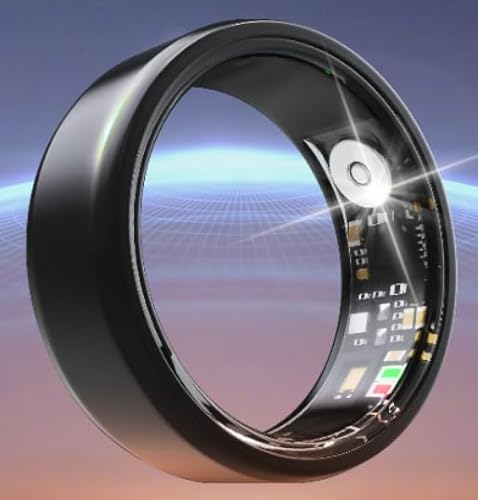P
photogman
Greetings and Happy Holidays forum members!
I'm new to this forum. Little bio here....50 years young male. Live in midwest. Medical History....2 year renal cell carcinoma (kidney cancer survivor), partial nephrectomy 9/12/03, very fortunate thus far considering the type of cancer! ,Type II diabetes regulated through diet only at this point, mild hypertensive, bicuspid aortic valve:
Vmax = 2.8 m/s
max gradient = 30mmHg
mean gradient = 19mmHg
LVOT Dia = 2.3 cm
LVOT Vel = 1.1 m/s
valve area = 67 cm2
press 1/2T = 610 msec
Triscupsid
Jet Ht = 2.3 m/sec
Cardiologist believes I am still a few years away. The city I live in hosts the top heart hospital in the state. That being said, when it is "my time", I intend on going to Mayo at Rochester, MN or Cleveland Clinic at Cleveland, OH with the preference for Cleveland given they have about the lowest mortality rate in the country when it comes to valve replacement and I believe they do about 1200 a year or more there. My cancer surgery was pretty stressful and scary, but I thought I was pretty good at handling it and had surgery on a friday afternoon and was discharged from Mayo on Monday morning, absent most of my right kidney. But the heart thing kind of stresses me out even though it is years away. I have this fear that if I do make it through the surgery, that the valve will malfunction and just stop clicking. I know that people survive this type of surgery everyday, but it's also not a walk in the park. My question to the forum is if a person is able to maintain their general health otherwise and maintain the coumadin levels where they are supposed to be consistently, is there any reason a person can't live a normal lifespan or even a long life if it's in your genetic code? Thanks for your response.
I'm new to this forum. Little bio here....50 years young male. Live in midwest. Medical History....2 year renal cell carcinoma (kidney cancer survivor), partial nephrectomy 9/12/03, very fortunate thus far considering the type of cancer! ,Type II diabetes regulated through diet only at this point, mild hypertensive, bicuspid aortic valve:
Vmax = 2.8 m/s
max gradient = 30mmHg
mean gradient = 19mmHg
LVOT Dia = 2.3 cm
LVOT Vel = 1.1 m/s
valve area = 67 cm2
press 1/2T = 610 msec
Triscupsid
Jet Ht = 2.3 m/sec
Cardiologist believes I am still a few years away. The city I live in hosts the top heart hospital in the state. That being said, when it is "my time", I intend on going to Mayo at Rochester, MN or Cleveland Clinic at Cleveland, OH with the preference for Cleveland given they have about the lowest mortality rate in the country when it comes to valve replacement and I believe they do about 1200 a year or more there. My cancer surgery was pretty stressful and scary, but I thought I was pretty good at handling it and had surgery on a friday afternoon and was discharged from Mayo on Monday morning, absent most of my right kidney. But the heart thing kind of stresses me out even though it is years away. I have this fear that if I do make it through the surgery, that the valve will malfunction and just stop clicking. I know that people survive this type of surgery everyday, but it's also not a walk in the park. My question to the forum is if a person is able to maintain their general health otherwise and maintain the coumadin levels where they are supposed to be consistently, is there any reason a person can't live a normal lifespan or even a long life if it's in your genetic code? Thanks for your response.






















